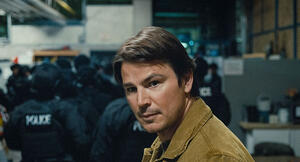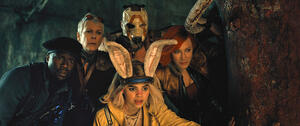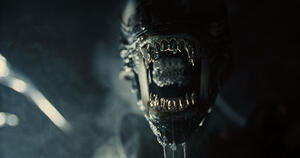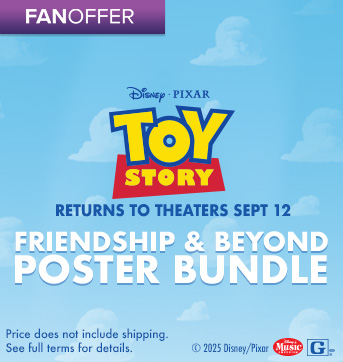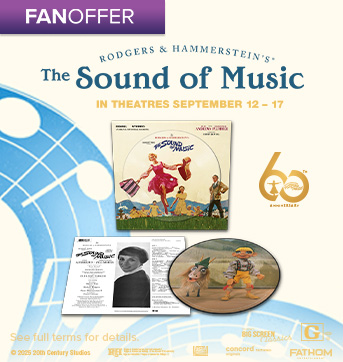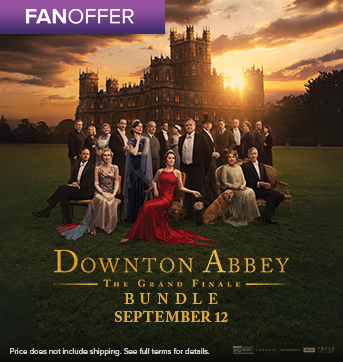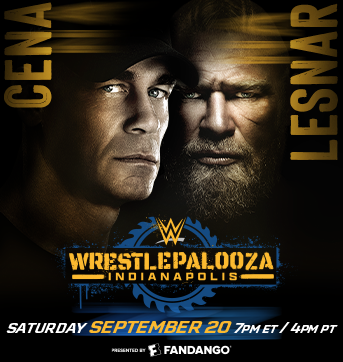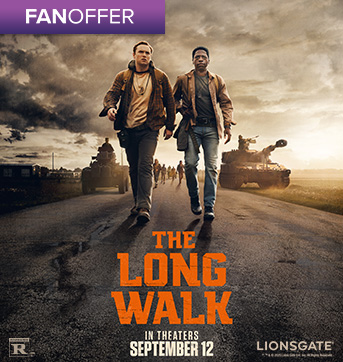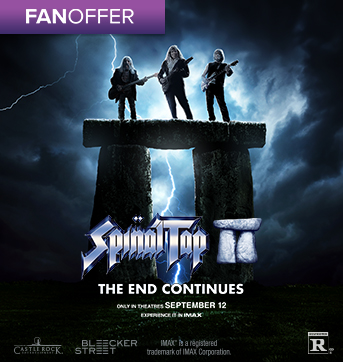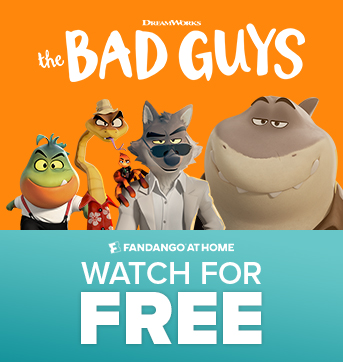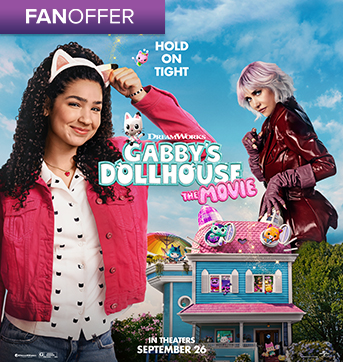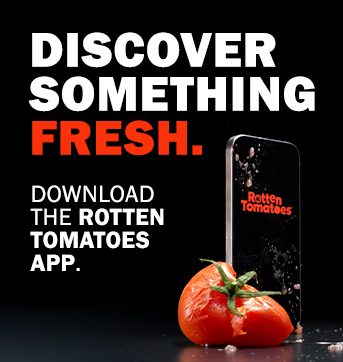Let’s start with the obvious, that everything is a metaphor for middle school, and then we can spin our fantastic tale from there. Fantastic Four if you want to get all Marvel about it.
Here’s the thing, I went to middle school and I have a son attending it now. I look back on it fonder than most, according to every movie I have ever seen, and so far my son seems to be making the most of it, too, but it’s different now. I’ve been there. I recognize the shrugs and smiles, the vague replies and hints of drama that he brings home, strapped as they are across his broadening shoulders and heaved to school and back, literally uphill both ways.
Middle school is about expanding one’s sense of self, and it is when like minds flock to each other in hopes of finding validation and acceptance. It is both the making of new friends and the notable distance from those that came before. It’s complicated.
Enter the Fantastic Four, a group of individuals clinging to relations and wanting to fit in, hiding behind labels, but equally proud of them. Granted, as adults they are, more or less, well-removed from the standard tween to teen angst, but seriously, does anyone ever feel like they have really grown up? I mean, really?
The Fantastic Four are also dealing with CHANGES TO THEIR BODIES, and that’s an awkward time for all of us. You know what I’m talking about.
And this is where the metaphor really earns its keep, because the story in the Fantastic Four dips into allegory, what with the lessons implied and the morals, hopefully, learned. It is about four unique individuals dealing with the twists and ties of family, friendships, insecurity and uncertainty striving to find the best version of themselves—or at least the one that provides them with something close to comfort in their own skin— and trying to overcome outside obstacles that are bigger than their own. It is about teamwork and trust and doing the right thing. The story is a gateway to conversation about change and acceptance, both in oneself and in others, while providing consequences to actions and the uneasy power of responsibility.
Also, explosions!
The Invisible Woman (Kate Mara), Mr. Fantastic (Miles Teller), the Human Torch (Michael B. Jordan) and the Thing (Jamie Bell) are, along with their nemesis Victor Domashev (Toby Kebbell), your proverbial who’s who from John Hughes’ coming-of-age lore, each of them “a brain . . . and an athlete . . . and a basket case . . . a princess . . . and a criminal” and they all wear the required uniform*. It is that crossroads, where their understanding of self smacks into the perception that others have of them, that decisions are made and heroes are born. Or villains. I’ve seen it both ways.
Basically, it is everything that happens every single day in middle school. However, seeing as the Fantastic Four story deals with saving the world from a superpowered madman, it is pretty clear that actual middle school storylines are far more important.
Don’t you roll your eyes at me.
*quote and reference to tights (the required uniform) are both from The Breakfast Club by John Hughes
Whit Honea is the author of The Parents’ Phrase Book and his personal website the Honea Express. He lives in Los Angeles with his wife, two sons, and too many pets.

